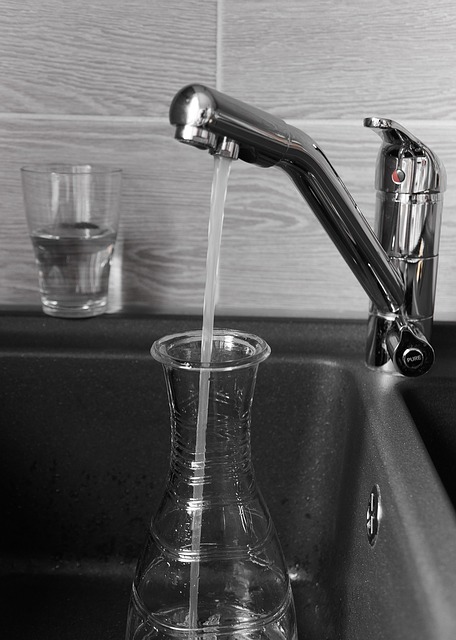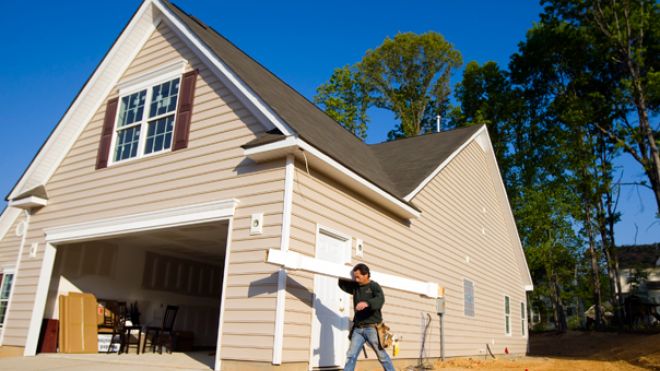
Everything You Need to Know about Hard Water and Softeners
It is straightforward to notice that you there is an issue with the water running in your home. It is evident that hard water has some funny taste compared soft water or rainwater which is tasteless. In most cases, we are told that hard water is not harmful to our health. That is not true since its adverse effects come to show up after a long period. Hard water has even more effects on water using appliances and other piping systems. Hard water causes a buildup inside of the water pipes and also clogging on water-using appliances like kettles. Also, hard water leaves behind some traces on clothes and beddings and consumes a lot of washing soap or detergent.
To get rid of all these problems caused by hard water, you have to invest in a quality water softener. Apart from the modern softener, we have several other methods used to soften hard water. One of the cheapest and most reliable ways is boiling. However, some of these methods are not as effective as the use of modern water softener. In this article, you will learn more about hard water and softeners.
Best Time for Buying a Water Softener
When you go out to buy a water softener, it is important to ask yourself about the ideal time for buying a water softener. The main factor that will always dictate the time for your water softener investment is the type of the underlying rock. For instance, about 60% of Europe is covered by rocks that are responsible for releasing minerals that make water hard.
When water seeps to the ground, it flows through or along underground rocks that are composed of calcium, magnesium and various manganese compounds. The mineral found in these rocks dissolve in water making it hard water.
Therefore, you need to assess the places where you want to live before you relocate. If the place is known for hard water, you can then take early measures. Another time to buy a water softener is once you start to taste some funny taste in your water.
 Understanding More About Hard Water
Understanding More About Hard Water
Hard water is formed as a result of leaching that occurs in the rocks that have minerals responsible for making soft water hard. Therefore, water that contains a high level of dissolved magnesium and calcium ions is called hard water. Hard water is as well thought to have tiny dissolved iron elements.
Problems Caused by Hard Water
As aforementioned, hard water have several effects on both appliances and human health. You should, therefore, avoid using hard water for any domestic. You not necessarily see the effects, but they take time. Some of the common problems caused by hard water are unusual tastes and presence of scum on clothes. Other problems caused by hard water that a softener can rectify include: not lathering well, smears glassware, scum marks on fittings and water piping systems, clog in kettles, boilers, and appliances.
Softeners’ Work
Water softeners work by getting rid of calcium and magnesium ions through the regeneration process. During the regeneration process, the system utilizes salt mixture to Ca+ and Mg+ ions that are positively charged. The process softens water by making neutral compounds from the positively charged mineral in dissolved in the water.







 Understanding More About Hard Water
Understanding More About Hard Water